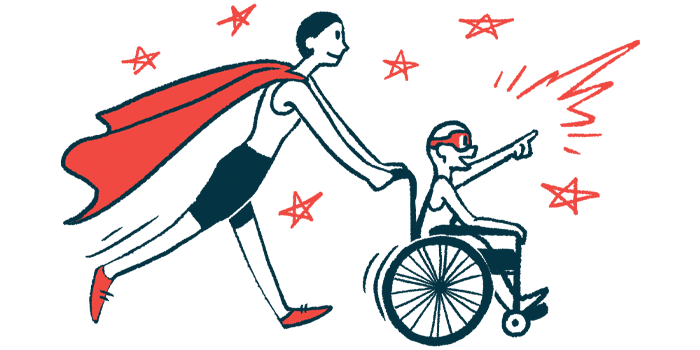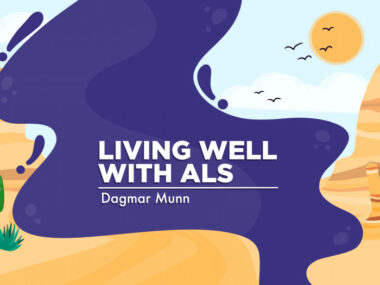Caregiver Burden in ALS Tied to Greater Anxiety, Disease Knowledge
Written by |

The burden of caregiving is heavier for people who are anxious and reasonably knowledgeable about amyotrophic lateral sclerosis (ALS), a study of patients and their caregivers in China suggests.
The study, “Caregiver burden and associated factors among primary caregivers of patients with ALS in home care: a cross-sectional survey study,” was published in BMJ Open.
ALS treatment currently focuses on improving patients’ quality of life by easing their symptoms, but does not address the disease’s underlying cause.
Caregivers, usually family members, often work long hours daily, performing household chores, and feeding, grooming and otherwise helping the affected person. As the disease progresses, their working hours and burden increase, causing considerable stress and anxiety. Some caregivers resort to antidepressants, the study noted.
Little is known about the burden caregivers’ experience and its contributing factors, which could help in developing interventions to lighten their burden. This led a team of researchers in China to investigate, in part by surveying people with ALS and their caregivers attending a hospital in Shanxi, a province in the country’s north.
A total of 120 pairs of ALS patients and their primary caregivers participated in the study. Among the caregivers, 70 were women, and the group’s mean age was 50. A majority (66.7%) were spouses of patients and most (91.7%) did not employ other carers to help them. Most also earned less than 3,000 yuan (about $469) monthly.
Their daily care time was an average of four to eight hours.
Patients were evenly divided by sex (60 women and 60 men), and their mean age was 52. The majority (87.5%) were married and had lived with ALS for an average of 2.5 years.
Most patients, 80 or 66.67%, had moderate to severe difficulties with physical function, with one-third able to partly or completely “perform self-care in daily life,” the study noted.
Patients were assessed for their ability to perform daily activities using the ALS functional rating scale-revised (ALSFRS-R) score, and for their quality of life through the 36-item short-form health survey (SF-36).
Caregivers completed the Zarit Burden Interview (ZBI) to assess burden levels, and emotional health was evaluated using the self-rating anxiety scale (SAS), and the self-rating depression scale (SDS).
Overall, the burden experienced by caregivers was moderate to severe, and its perceptions were heavier among those with a better understanding of ALS.
“Caregivers of patients with ALS can easily access disease knowledge and health information through the Internet and smartphones, at every stage of the disease, from its onset and diagnosis to its progression,” the researchers wrote. “This allows them to have a clearer understanding about the rapid progression … future care needs and eventual pain of losing their loved ones involved in ALS, increasing their caregiver burden.”
Caregivers with higher anxiety levels also experienced a heavier burden, and those with heavier perceived burdens were more prone to anxiety. Caregivers’ sense of burden also rose as the disease progressed.
“In the process of long-term home care, caregivers … may even need to give up their normal life and work, thus leading to changes in their family life and roles. This may have a serious impact on the mental health of caregivers, further exacerbating their caregiver burden,” the researchers wrote.
Men who were caregivers expressed greater burden than did women, and burden was lower for those able to employ a care worker or nanny.
This study’s findings show that a caregiver’s knowledge of ALS and anxiety levels considerably influence perceived burden.
“The level of disease knowledge and caregiver’s state psychological anxiety can serve as key predictors of caregiver burden in ALS,” the researchers wrote.
They suggested several approaches to ease caregiver burden, including clinical nurses becoming more involved with home care, offering better health insurance schemes, and opening ALS centers with teams of multidisciplinary health professionals to support caregivers.
“Introducing interventional support at different levels can reduce the caregiver and economic burden of caregivers of patients with ALS, thereby promoting the physical and mental health of caregivers,” they wrote.





